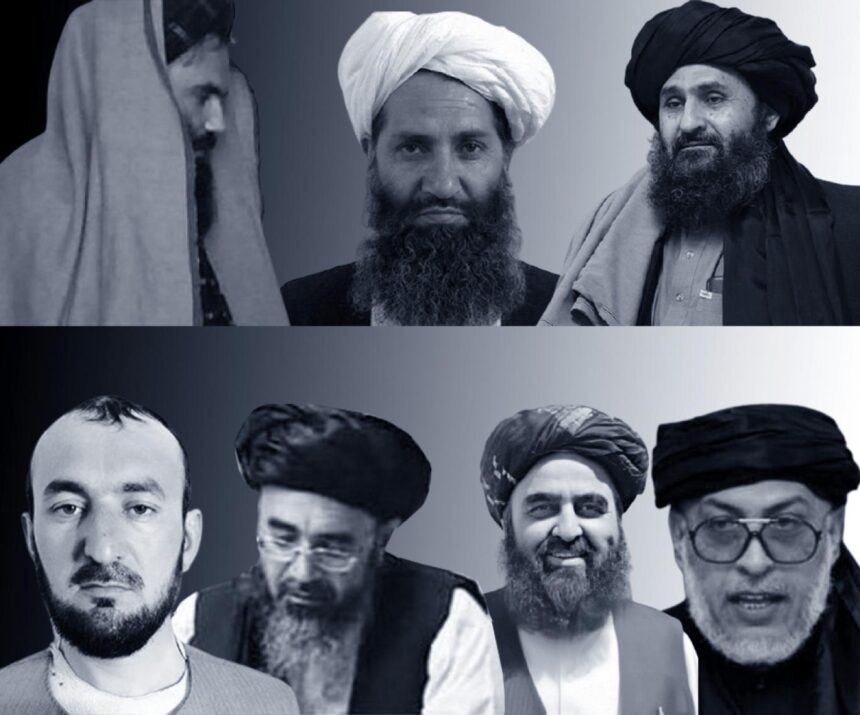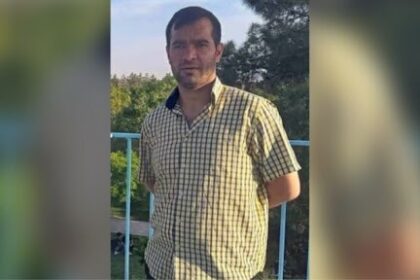RASC News Agency: The Taliban’s internal fractures, long concealed beneath a veneer of unity, are now surfacing with unprecedented intensity, fueling speculation of an imminent power struggle. Recent developments suggest that deepening rivalries within the group are threatening its internal cohesion, pushing it toward a full-scale power conflict. Asadullah, a political analyst, contends that while the Taliban have historically sought to project an image of unbreakable unity, recent public disputes have exposed the growing factionalism within their ranks. According to him, the most significant divide lies between the Haqqani network and Mullah Hibatullah Akhundzada’s faction, both vying for dominance.
Michael Semple, a former advisor to the EU and the UN on Afghanistan affairs, supports this assessment, stating: “Despite the Taliban’s culture of secrecy and enforced discipline, clear evidence of internal discord is emerging. These tensions indicate that the movement is under immense internal strain.” Semple further warns that the Taliban are teetering on the brink of an internal power struggle that could spiral into outright conflict. Tensions escalated in recent months following the assassination of Khalil Haqqani, the Taliban’s Minister for Refugees. Experts widely believe that his killing was orchestrated by loyalists of Mullah Hibatullah, marking a significant escalation in the factional struggle for control.
A more recent and equally striking development was the defection of Sher Mohammad Abbas Stanikzai, the Taliban’s Deputy Foreign Minister, who publicly challenged the leadership. Acting on behalf of the Haqqani network, he openly criticized Mullah Hibatullah’s rule. Following his remarks, he was placed under travel restrictions but managed to escape Afghanistan. After fleeing, Stanikzai accused Mullah Hibatullah of consolidating absolute power and warned the Taliban against treating him as an infallible leader.
Political analysts argue that these escalating internal divisions could soon reach a breaking point, as power struggles within the group grow increasingly volatile. Over the past year, the Haqqani network has systematically sought to expand its influence, frequently challenging Mullah Hibatullah’s authority and positioning itself as a dominant force both within Taliban ranks and across Afghanistan.






